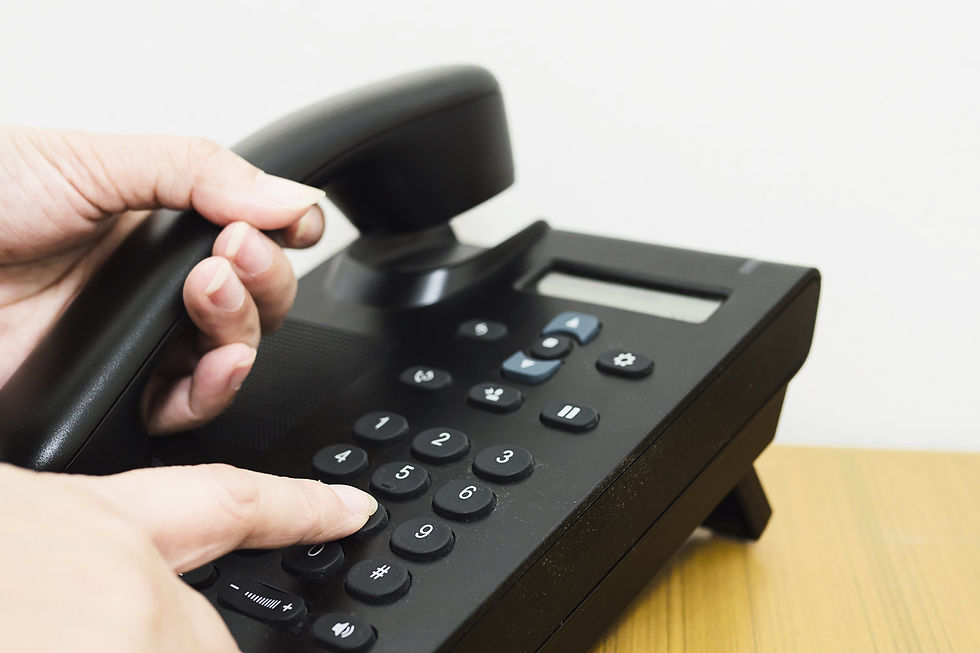Emotional Intelligence: Self-Regulation
- Laure Macanas
- May 22, 2024
- 2 min read
Imagine a salesperson named Jack. Jack is passionate about the product he sells, but he struggles with self-regulation. He gets flustered easily and takes rejection personally. Let's see how self-regulation can impact Jack's success:


Building Rapport: Clients want to do business with people they trust and feel comfortable with. Without self-regulation, Jack might come across as intense or even aggressive, pushing clients away instead of building rapport.
Handling Objections: Objections are a natural part of the sales process. A self-regulated salesperson sees them as opportunities to clarify and address concerns. Jack, on the other hand, might get defensive or frustrated when faced with objections, ultimately losing the sale.
Maintaining Motivation: The sales path isn't always smooth. There will be periods of slow sales or missed quotas. Without self-regulation, Jack might get discouraged and give up easily. However, a self-regulated salesperson can stay motivated during these times, focusing on the long-term goals.
Adapting to Situations: No two sales interactions are the same. A self-regulated salesperson can adjust their approach on the fly, reading the client's emotions and tailoring their pitch accordingly. Jack, lacking this skill, might deliver a canned presentation that falls flat with the client.
Maintaining Composure: Sales can be stressful. A self-regulated salesperson can stay calm under pressure, manage frustration, and avoid letting negativity impact their performance. Jack, however, might let his emotions get the better of him, jeopardizing the deal.
In essence, self-regulation is the emotional compass that guides successful salespeople. It helps them navigate the ups and downs of the profession, build trust with clients, and ultimately achieve their sales goals. It's the difference between Jack, who struggles to close deals, and a salesperson who thrives in the dynamic world of sales.
Here are 8 Strategies to Develop Your Self-Regulation Skills:
Being Open to Change.
Identifying Your Triggers.
Practicing Self-Discipline.
Reframing Negative Thoughts.
Keeping Calm Under Pressure.
Considering the Consequences.
Believing in Yourself.




Comments